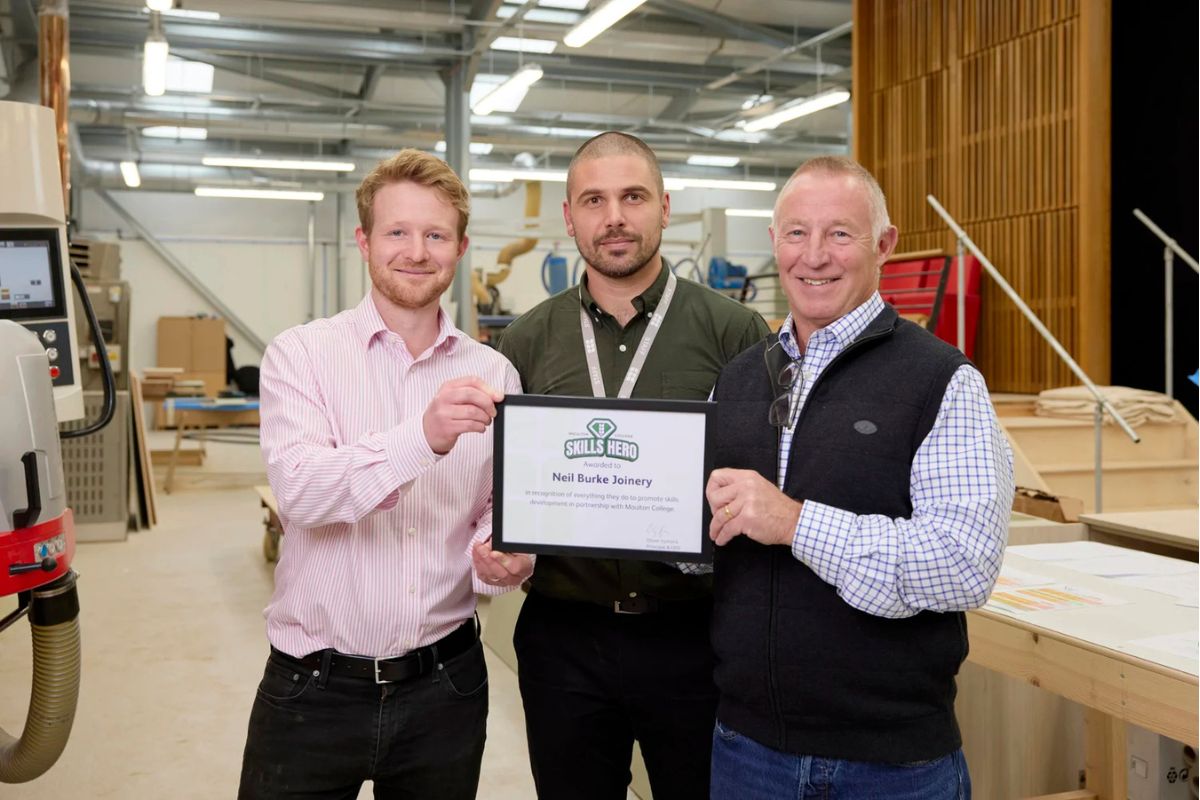Could teaching in Further Education kick start your portfolio career?

Helen Tupper, Co-founder & CEO of Amazing If and author of ‘The Squiggly Career’, explores the benefits of a portfolio career and how teaching in Further Education could be the perfect step towards taking on multiple roles as part of your career.
Variety, as the great William Cowper would say, “Is the very spice of life.” However, it is not just the poets that are taking this mantra to heart. Many industry professionals have chosen to embark upon a portfolio career for a multitude of reasons, particularly as they re-evaluate life choices post pandemic. So what does this entail? Simply put, a portfolio career is when people decide to personalise their work by blending two or more different roles into their working week.
Portfolio careers are growing in popularity and increasing since the pandemic. As a matter of fact, according to recent research from the Department for Education (DfE), 37% more people now hold multiple jobs compared to before the pandemic. There have been a number of reasons for this switch in mind-set. Many professionals are reporting that they want more variety in the kind of work they do. Others see a portfolio career as an opportunity to expand their skill set or career. For some, it is the chance to find more purpose and meaning in their work, whilst also providing an extra source of income that can alleviate the strain of the cost of living crisis.
Could FE teaching kick start your portfolio career?
So how do you start exploring different roles while currently working full time? Through my recent work with the DfE I discovered that teaching in Further Education (FE) can allow you to take on part time, flexible roles alongside your current job, without the need to change your career. For example, if you want to share your skills and support the next generation of workers, you can do this with industry experience alone; in some cases, you don’t even need a degree to start teaching. Funding is also available so that new FE teachers can start earning straight away and train for teaching qualifications on-the-job.
Furthermore, your skills are more valuable than you may realise, as existing professional experience is highly valued in FE teaching. Whether you work in accounting, engineering, digital or social care, your real world examples and knowledge will deliver a big impact when bringing theory to life for learners.
Could a portfolio career suit your lifestyle?
While the reasons and motivations for choosing a portfolio career differ for everyone, there can be multiple benefits. There is no one-size fits-all version of a ‘successful’ career and portfolio careers give you the freedom and flexibility to try different roles and get what you need from work. Deciding to teach your current profession by including FE teaching as part of a portfolio career is an excellent way to make the most of existing expertise whilst trying something new.
Additionally, post pandemic many of us have a desire to seek personal fulfilment from our working lives. Teaching in FE can be a great way to achieve this by giving you the opportunity to change lives and inspire the next generation of workers in your field, whilst still earning. It can also increase your sense of purpose, boosting your happiness at work over the long-term. Nothing can be as satisfying as arming a learner with the skills and knowledge they need to be successful in their chosen sector – and you can make a real difference. But teaching in FE can also help you to build on your own skill set, expand your professional community and increase your variety of work. Meeting new people with different backgrounds, skills and experiences that you can learn from is one of the greatest assets to your career.
By Helen Tupper, Co-founder & CEO of Amazing If and author of ‘The Squiggly Career’











Responses